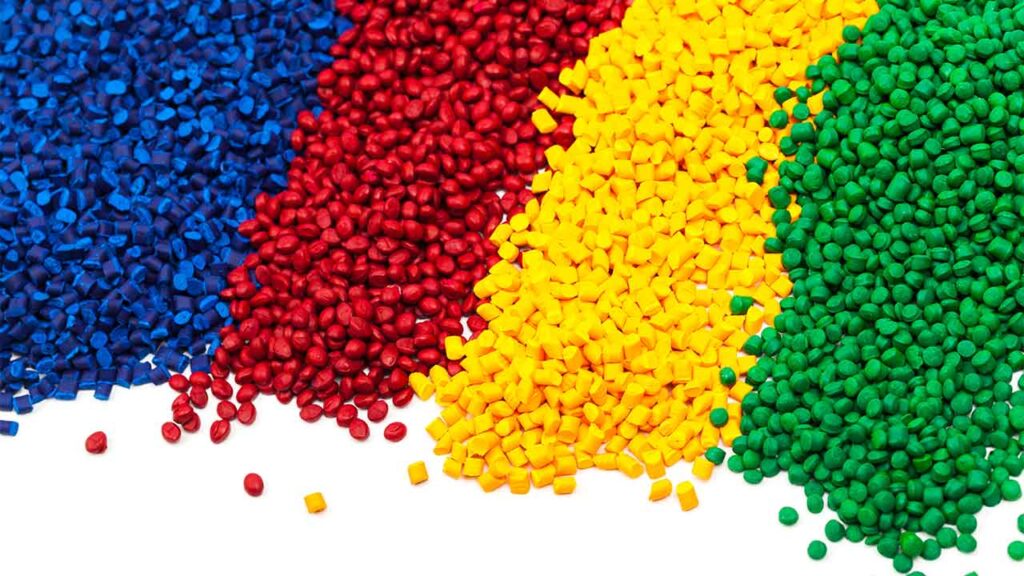As the demand for high-quality, reliable packaging solutions continues to grow, custom injection molded pharmaceutical packaging emerges as a critical component in the industry’s toolkit.
Custom injection molding is a manufacturing process that allows for the creation of highly specialized packaging designs tailored to meet the unique requirements of various pharmaceutical products. This technique involves injecting molten plastic into a mold that has been specifically engineered to produce parts with precise dimensions, shapes, and functionalities. The ability to customize every aspect of the packaging—from material selection to design intricacies—ensures that each product receives the optimal protection and presentation necessary for its intended use.
The Benefits of Custom Injection Molding for Pharmaceuticals
Custom injection molding has become an indispensable technology in the pharmaceutical industry, providing numerous advantages that enhance both the efficacy of drugs and patient safety. Below are some of the key benefits associated with using custom injection molding for pharmaceutical packaging.
Enhanced Protection
One of the primary reasons pharmaceutical companies opt for custom injection molding is the superior protection it offers. Custom-designed packaging can be engineered to provide optimal barriers against environmental factors such as moisture, light, and oxygen. This is crucial for maintaining the stability and potency of sensitive medications. For example, materials like Polypropylene (PP) and High-Density Polyethylene (HDPE) offer excellent barrier properties that protect drugs from degradation . Furthermore, the durability of injection-molded plastics ensures that the product remains intact during transportation and storage.
Customization Flexibility
Custom injection molding allows for a high degree of design flexibility, enabling manufacturers to tailor packaging solutions to meet specific requirements. Whether it’s incorporating unique branding elements, designing ergonomic shapes for ease of use, or integrating functional features like child-resistant closures and tamper-evident seals, this technology provides unparalleled customization options. Such flexibility not only enhances the user experience but also helps in differentiating products in a competitive market.
Regulatory Compliance
The pharmaceutical industry is heavily regulated, and compliance with standards set by organizations such as the Food and Drug Administration (FDA) and the International Organization for Standardization (ISO) is mandatory. Custom injection molding facilitates compliance by allowing manufacturers to integrate necessary regulatory features directly into the design process. This includes ensuring materials are FDA-approved and manufacturing processes adhere to Good Manufacturing Practice (GMP) guidelines. Achieving compliance through design reduces the risk of non-compliance issues and streamlines the approval process .
Cost Efficiency
Despite the initial investment required for tooling and mold creation, custom injection molding can lead to significant cost savings over time. Once the molds are created, they can produce large volumes of identical parts efficiently and at a lower cost per unit. Additionally, the precision of the injection molding process minimizes material waste and reduces the need for secondary operations, further enhancing cost efficiency.
Materials Used in Injection Molding for Pharmaceutical Applications
Choosing the right materials for injection molding in pharmaceutical applications is crucial to ensure the safety, stability, and effectiveness of medications. This process allows for precise control over material properties and design, making it an ideal choice for creating high-quality packaging solutions. Here’s a look at some commonly used materials in injection molding for pharmaceutical applications and their benefits.
Polypropylene (PP)
Polypropylene is one of the most widely used plastics in pharmaceutical packaging due to its excellent chemical resistance and physical properties. It offers great moisture barrier capabilities, which protect medicines from humidity that could degrade their quality. PP is also known for its high-temperature resistance, making it suitable for sterilization processes that require heat treatment. Additionally, this material is lightweight, durable, and cost-effective, making it a popular choice among manufacturers.
High-Density Polyethylene (HDPE)
High-density polyethylene is another common material used in pharmaceutical packaging. Known for its strength and durability, HDPE provides superior protection against impacts and environmental factors. It also has good barrier properties against moisture and chemicals, ensuring that medicines remain stable and effective throughout their shelf life. HDPE is easily recyclable, contributing to sustainability efforts within the industry.
Polyethylene Terephthalate (PET)
Polyethylene terephthalate is often used for bottles and containers that need to be transparent or semi-transparent. PET offers excellent clarity, allowing users to see the contents inside without opening the package. It also provides a strong barrier against gases and moisture, helping to preserve the potency of drugs. PET is both lightweight and shatter-resistant, making it safe and convenient for use in various pharmaceutical applications.
Polystyrene (PS)
Polystyrene is frequently used in disposable medical devices and packaging components due to its rigidity and dimensional stability. It can be produced in clear or opaque forms, depending on the application requirements. PS is easy to mold into complex shapes, which is beneficial for designing ergonomic and user-friendly packaging. However, it’s worth noting that PS may not offer the same level of barrier protection as PP or HDPE, so it’s typically used for products that don’t require stringent barrier properties.
Senses: Your Partner in Injection Molding Solutions
At Senses, we provide custom injection molding services designed to meet the needs of the pharmaceutical industry. We focus on delivering quality and reliability in every project we undertake.
Senses is an ISO 9001:2015 certified plastic injection molding company, offering a comprehensive array of services including mold and part design, prototyping, small-batch production, and full-scale manufacturing. We serve a diverse range of industries, encompassing automotive, medical, and consumer electronics. Our focus is on ensuring each product we deliver meets the highest standards of quality and functionality.
For personalized solutions and expert consultation, reach out to us today at info@senseschina.com.







